In the fast-paced and dynamic world we live in, the importance of balanced nutrition cannot be overstated. Our bodies function as intricate machines, and the fuel we provide through our diet directly influences how well these machines operate. Achieving optimal health, both physically and mentally, begins with understanding and implementing the fundamentals of balanced nutrition.
Understanding Balanced Nutrition
Macronutrients: The Building Blocks
Balanced nutrition starts with the three primary macronutrients: carbohydrates, proteins, and fats. These macronutrients serve as the foundation of our diet, providing the energy and building blocks essential for our body’s daily functions.
- Carbohydrates: Often unfairly vilified, carbohydrates are the body’s preferred source of energy. Found in foods like grains, fruits, and vegetables, they supply glucose, the primary fuel for our brains and muscles.
- Proteins: Crucial for the repair and growth of tissues, proteins are abundant in meat, dairy, legumes, and nuts. They consist of amino acids, which are vital for various physiological processes.
- Fats: Despite their bad reputation, fats are essential for hormone production, nutrient absorption, and maintaining healthy cell structures. Healthy fats, such as those found in avocados, nuts, and olive oil, should be a part of a balanced diet.

Micronutrients: The Essential Supporters
In addition to macronutrients, micronutrients—vitamins and minerals—play a pivotal role in maintaining good health. These nutrients are required in smaller quantities but are no less critical for various bodily functions.
- Vitamins: From immune function to bone health, vitamins contribute to a wide array of physiological processes. Fruits, vegetables, and dairy products are excellent sources of vitamins.
- Minerals: Essential for the formation of bones, nerve function, and fluid balance, minerals like calcium, potassium, and iron are found in foods such as dairy, fruits, and lean meats.
The Importance of a Balanced Diet
Energy Balance
Maintaining a healthy weight and energy balance is one of the fundamental goals of balanced nutrition. Consuming the right amount of calories ensures that the body receives adequate energy without excess, preventing weight gain or loss.
Nutrient Density
Balanced nutrition is not just about the quantity of food but also the quality. Nutrient-dense foods, such as fruits, vegetables, whole grains, and lean proteins, provide a plethora of essential nutrients without excessive calories. Prioritizing these foods ensures optimal health and supports overall well-being.
Regulation of Blood Sugar
Balanced nutrition plays a crucial role in regulating blood sugar levels. Choosing complex carbohydrates, fiber-rich foods, and incorporating proteins in meals helps maintain stable blood sugar, preventing energy crashes and mood swings.
Gut Health
The digestive system is at the forefront of nutrient absorption, and a balanced diet supports a healthy gut. Including fiber, probiotics, and prebiotics in the diet fosters a diverse and thriving gut microbiome, contributing to overall health.
Building a Balanced Plate
The Plate Method
A practical approach to balanced nutrition is the plate method, a visual guide that encourages a diverse and proportionate intake of different food groups.
- Half the Plate for Fruits and Vegetables: Packed with vitamins, minerals, and fiber, fruits and vegetables should constitute half of your plate. Choose a variety of colors to ensure a spectrum of nutrients.
- A Quarter for Lean Proteins: Whether from animal or plant sources, lean proteins should take up a quarter of your plate. Options include poultry, fish, tofu, legumes, and beans.
- A Quarter for Whole Grains: Whole grains, such as brown rice, quinoa, or whole wheat pasta, make up the remaining quarter of your plate. These provide sustained energy and additional fiber.
- Healthy Fats on the Side: Incorporate healthy fats in moderation, such as a drizzle of olive oil on your salad or a handful of nuts. These fats enhance flavor and provide essential nutrients.
Portion Control
Balanced nutrition also involves being mindful of portion sizes. While the plate method offers a visual guide, listening to your body’s hunger and fullness cues is equally important. Overeating, even healthy foods, can lead to an imbalance in your diet.
Practical Tips for Balanced Nutrition
Hydration
Often overlooked but crucial, adequate hydration is fundamental to balanced nutrition. Water supports digestion, nutrient absorption, and the elimination of waste products. Aim for at least eight glasses of water a day and adjust based on activity levels and climate.
Meal Planning
Planning your meals ahead of time helps ensure a balanced and nutritious diet. It prevents impulsive, unhealthy food choices and allows you to incorporate a variety of foods into your daily meals.
Mindful Eating
In our busy lives, we often eat on the go or in front of screens, paying little attention to what and how much we consume. Mindful eating involves savoring each bite, recognizing hunger and fullness cues, and appreciating the flavors and textures of your food.
Limiting Processed Foods
Processed foods, often high in unhealthy fats, sugars, and sodium, can contribute to an imbalanced diet. While convenient, they often lack essential nutrients found in whole, unprocessed foods.

Common Myths About Nutrition
Myth: All Fats Are Bad
Contrary to popular belief, not all fats are harmful. Healthy fats, such as those found in avocados, nuts, and olive oil, are essential for brain function, hormone production, and overall well-being.
Myth: Carbohydrates Should Be Avoided
Carbohydrates are not the enemy. Choosing whole, complex carbohydrates, such as whole grains, fruits, and vegetables, provides essential nutrients and sustained energy.
Myth: Skipping Meals Helps With Weight Loss
Skipping meals can lead to overeating later in the day and may deprive your body of essential nutrients. Instead, focus on balanced, smaller meals throughout the day.
The Role of Nutrition in Specific Life Stages
Childhood Nutrition
Balanced nutrition is crucial during childhood for growth, development, and establishing lifelong healthy habits. A diet rich in vitamins, minerals, and proteins supports physical and cognitive development.
Nutrition During Adolescence
Adolescents experience rapid growth and development, making balanced nutrition imperative. Adequate intake of calcium, iron, and essential vitamins supports bone health, hormonal balance, and overall well-being.
Adult Nutrition
Balanced nutrition is vital throughout adulthood for maintaining a healthy weight, preventing chronic diseases, and supporting overall well-being. Nutrient-dense foods contribute to sustained energy levels and optimal functioning.
Nutrition During Pregnancy
Pregnancy places additional nutritional demands on the body. A well-balanced diet rich
in folic acid, iron, calcium, and other essential nutrients supports fetal development and maternal health.
Nutrition in Older Adults
As we age, nutritional needs may change. Adequate protein intake, calcium for bone health, and foods rich in antioxidants become particularly important to support overall health and address age-related changes.
Challenges to Balanced Nutrition
Busy Lifestyles
Busy schedules often lead to reliance on convenience foods, which may lack essential nutrients. Planning meals, having healthy snacks on hand, and cooking in batches can mitigate this challenge.
Budget Constraints
Access to fresh, nutritious foods may be limited by budget constraints. However, strategic shopping, buying in-season produce, and exploring affordable protein sources can help overcome financial challenges.
Dietary Restrictions
Individuals with dietary restrictions, whether due to allergies, intolerances, or personal choices, may find it challenging to achieve a balanced diet. Consulting with a registered dietitian can provide guidance on meeting nutritional needs within specific constraints.
The Future of Nutrition: Personalized Approaches
Nutrigenomics
Advancements in nutrigenomics explore how individual genetic variations influence responses to different foods. Personalized nutrition plans based on genetic profiles have the potential to optimize health outcomes.
Technology and Nutrition
The integration of technology, such as nutrition apps and wearable devices, facilitates personalized tracking of dietary habits, making it easier for individuals to adhere to balanced nutrition goals.
In Conclusion
Balanced nutrition is not a one-size-fits-all concept. It involves understanding the unique needs of your body, making informed choices, and cultivating sustainable habits. By embracing the fundamentals of balanced nutrition, you embark on a journey towards optimal health, where your body receives the nutrients it needs to thrive, and you experience the vitality that comes with a well-nourished life.




